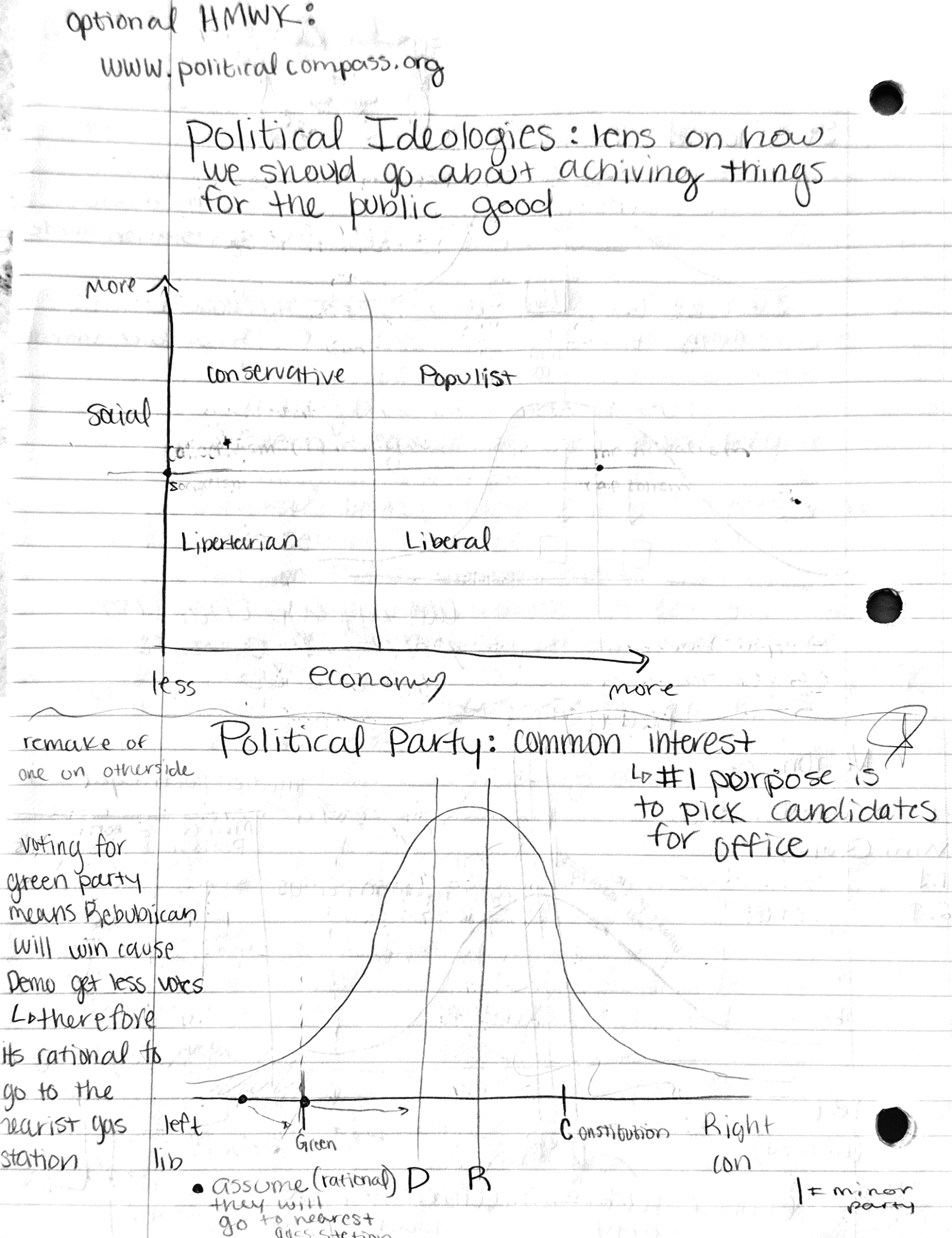Two Party system and Primaries
1/13
There's no tags or description
Looks like no tags are added yet.
Name | Mastery | Learn | Test | Matching | Spaced | Call with Kai |
|---|
No analytics yet
Send a link to your students to track their progress
14 Terms
Political Party
A group organized to gain political power and influence, primarily by selecting candidates for office.
Two-Party System
A political system dominated by two major parties, in this case, the Democrats and Republicans in the U.S.
Single Member District Representation
An electoral system where each electoral district elects one representative, making it challenging for third parties to win seats.
Primaries
Elections where party members vote to select their party's candidate for the general election.
Closed Primaries
Primaries in which only registered party members can vote to select their party's candidate.
Open Primaries
Primaries that allow any registered voter to participate in selecting a party's candidate, regardless of party affiliation.
Top 2 Primaries
A system where all candidates appear on one ballot, and the top two vote-getters advance to the general election, regardless of party.
Political Polarization
The increasing ideological divide between political parties, leading to fewer people participating in primaries.
Center
The moderate political position that appeals to a broader range of voters, as opposed to the extremes of the political spectrum.
Capitalism
An economic system characterized by private ownership and free market principles, where individuals and businesses control production and trade.
Libertarian
A political ideology advocating for minimal government intervention in both personal and economic matters, with American libertarians generally leaning left on social issues.
Democrat Party
A political party in the U.S. that is generally considered center-left, advocating for social equality and government intervention in the economy.
Republican Party
A political party in the U.S. that is generally considered center-right, advocating for free market policies and limited government intervention.
Political party scale
